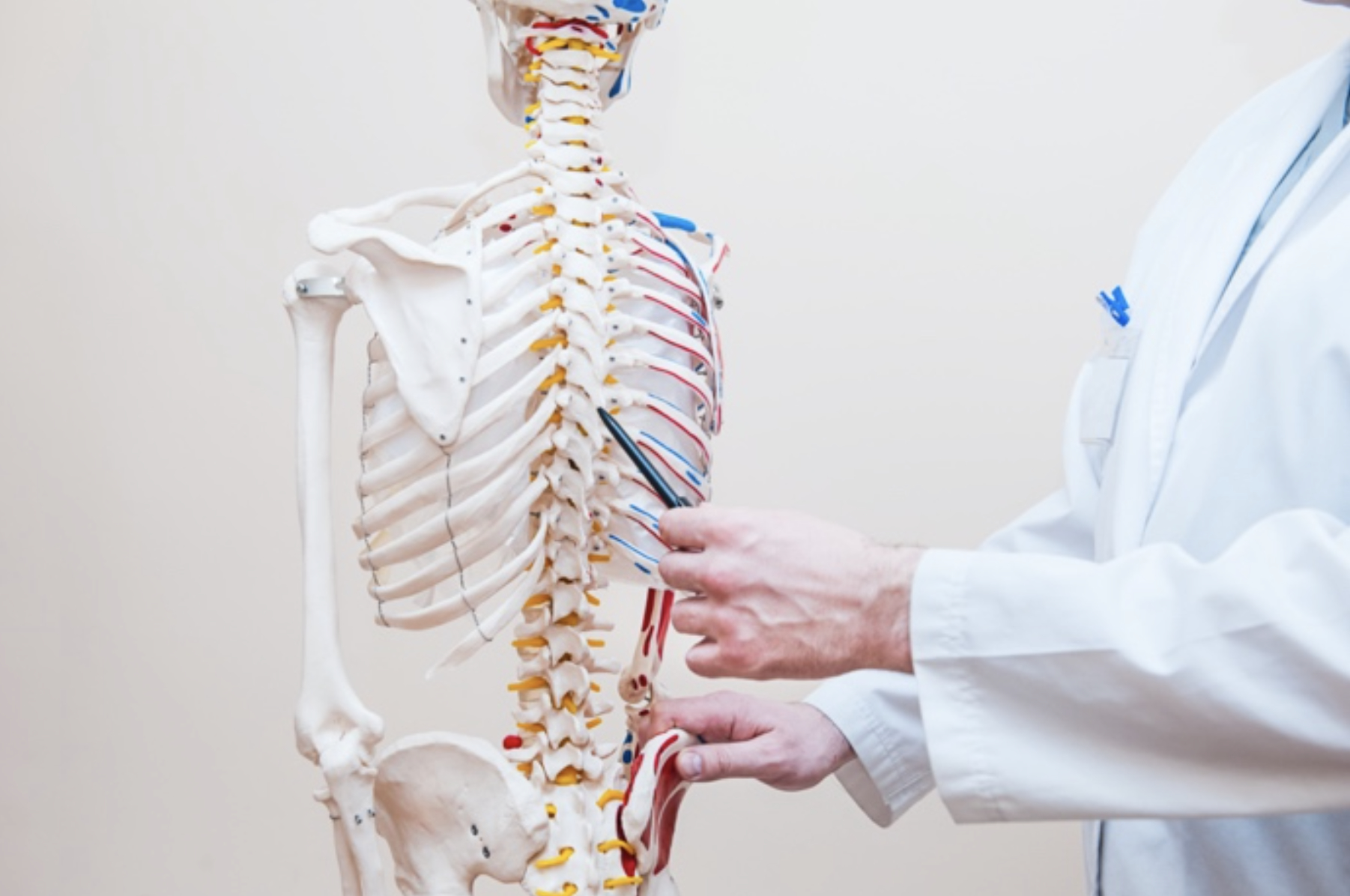Strengthening your Bones
July 27, 2021
Your bones play a major role in your body, from providing your body’s structure to protecting your organs. While it is often stressed in childhood and young adulthood that you must do everything you can to build strong bones, you can still support your bone health in later life. Follow these tips to protect bone health.
The Importance of Bone Health
Bone health is especially important in older adulthood. Peak bone mass is reached at about thirty years old and you begin to lose more bone mass than you gain. This differs from when you are younger and your bones make new bones faster than bone breaks down. That’s why it is important to have a high bone mass when you reach your thirties. The goal is to have enough bone mass stored up that, even though you lose bone mass rapidly as you age, you will still have enough built up that you won’t get osteoporosis. Osteoporosis is categorized by weak, brittle bones that are easily fractured.
Add Calcium to your Diet
If your diet is low in calcium, it’s time to make a change. Your bones store calcium and lack of calcium can lead to bone loss. If you aren’t consuming enough calcium through food each day, consider taking a calcium supplement. It’s also important that you get plenty of vitamin D.
Get Regular Exercise
You may be more likely to get osteoporosis later in life if you live a sedentary lifestyle. Exercising regularly will promote strong bones. Your bones get stronger when you exercise just like your muscles do. Add walking, hiking, biking, or swimming to your exercise regimen. Resistance training is also beneficial, so add some weightlifting to your routine.
Nix the Nicotine and Alcohol
Both smoking cigarettes and drinking alcohol can play a toll on your body and weaken your bones. If you smoke, you should quit. If you drink, limit your intake to no more than one drink per day.
There are some factors that impact bone growth that individuals have no control over, such as sex (women are more likely to get osteoporosis), age, and family history. If you are worried about your bone health, speak to a doctor about options for slowing bone loss.